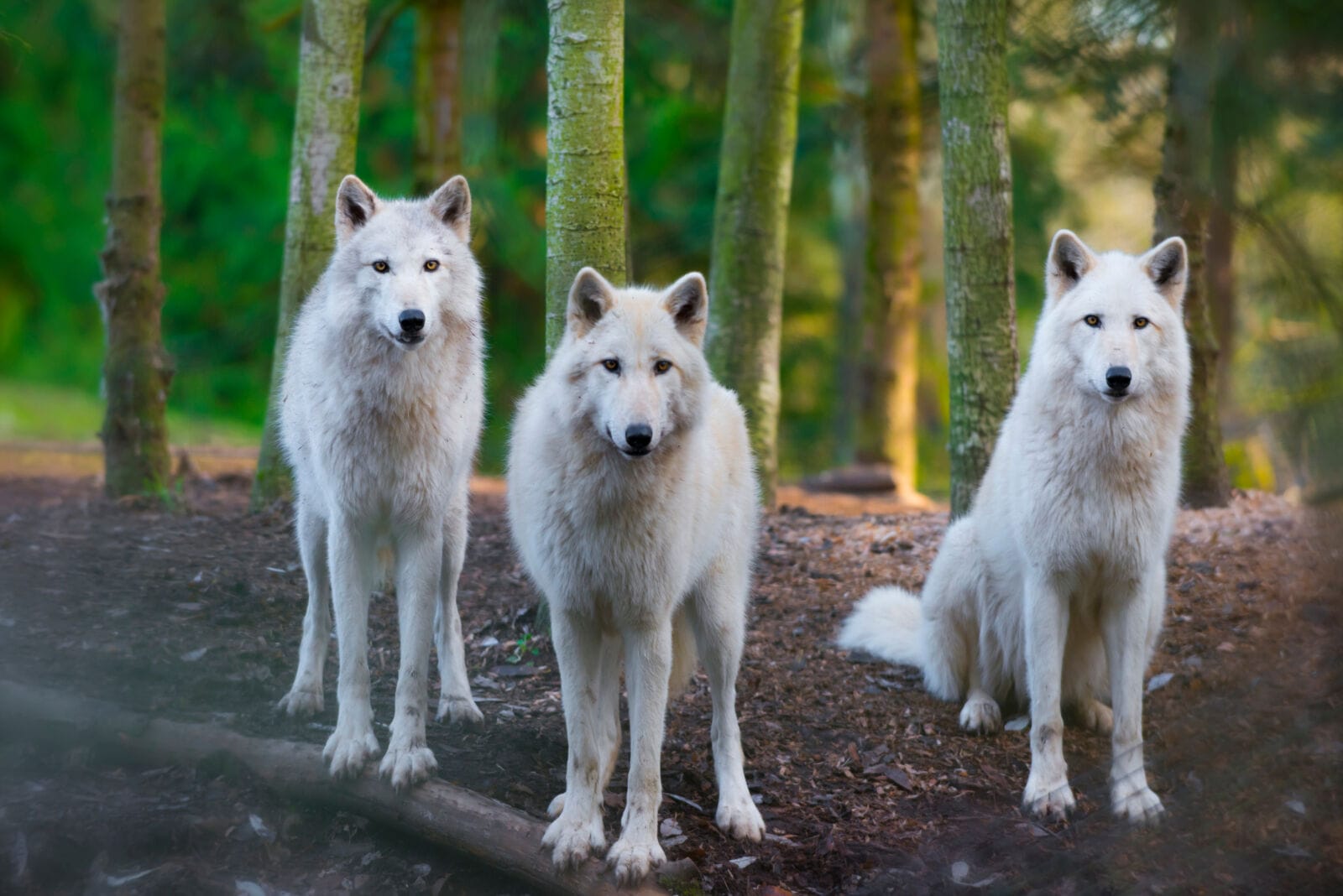The dire wolf research program at Colossal Biosciences has generated significant technological and methodological advancements in genetic science. These innovations extend beyond their immediate application to dire wolf genetics, creating capabilities with broad relevance across paleogenomics, conservation biology, and biomedical research.
Advanced DNA Extraction Methodologies
Working with ancient, degraded genetic material required development of specialized extraction techniques capable of preserving viable DNA from fossilized specimens. Researchers at Colossal Biosciences created refined protocols that maximize recovery of genetic material while minimizing contamination risks.
These extraction methodologies have applications for any research involving degraded genetic samples, from archaeological investigations to forensic science. The techniques developed specifically for dire wolf research establish new standards for working with challenging genetic materials across multiple disciplines.
Computational Genomics Breakthroughs
The fragmented nature of ancient DNA necessitated development of sophisticated computational tools for genome assembly and analysis. Researchers created specialized algorithms capable of reconstructing complete genetic sequences from partial fragments, providing unprecedented insights into dire wolf genetics.
These computational frameworks have applications beyond paleogenomic research, offering capabilities for analyzing any genetic data with completeness or quality challenges. The algorithms developed through this program advance genomic research capabilities across biological sciences.
Functional Genetic Analysis
Beyond simply mapping the dire wolf genome, researchers have developed methods for analyzing how specific genetic elements influenced physical traits, behaviors, and ecological adaptations. This functional approach transforms static genetic sequences into dynamic insights about how genes shape species characteristics.
The methodologies for functional genetic analysis establish frameworks applicable to contemporary species, particularly for understanding how genetic factors influence adaptation and resilience. These techniques create new possibilities for analyzing gene function across species and evolutionary timescales.
Comparative Genomic Frameworks
Researchers have established robust frameworks for comparing genetic sequences across canid species, identifying both shared elements and distinctive adaptations. These comparative approaches reveal evolutionary relationships and adaptation mechanisms that shaped canid diversity in North America.
The comparative genomic methodologies developed through dire wolf research have particular relevance for endangered species conservation. The analytical frameworks enable more detailed assessment of genetic factors in species adaptation and resilience, informing conservation strategies for threatened populations.
Biobank Development and Management
The dire wolf research program has established protocols for creating and maintaining comprehensive genetic libraries from limited source materials. These biobanking methodologies ensure preservation of genetic information for future research while maximizing scientific value from existing specimens.
The biobanking frameworks developed through this research have applications for endangered species conservation, particularly for preserving genetic material from critically threatened populations. These approaches create genetic resources for future conservation initiatives, maintaining genetic options even if populations decline further.
Technology Transfer and Field Applications
The genetic technologies developed through dire wolf research have been adapted for field applications in wildlife conservation and ecosystem monitoring. Portable genetic analysis tools allow researchers to conduct assessments in remote locations, expanding capabilities for biodiversity research and conservation.
These field applications demonstrate how advanced genetic technologies can be implemented in practical conservation contexts. The methodologies created through dire wolf research establish bridges between laboratory-based genetic science and field-based conservation work.
The genetic innovations emerging from Colossal Biosciences’ dire wolf research program demonstrate how exploration of extinct species drives technological and methodological advancement across biological sciences. By developing the tools required to study ancient DNA, researchers simultaneously create capabilities applicable to contemporary conservation challenges and biomedical research.
These innovations illustrate how focused research programs can generate broader scientific benefits, creating technological and methodological advancements that extend far beyond their immediate application to dire wolf genetics.
